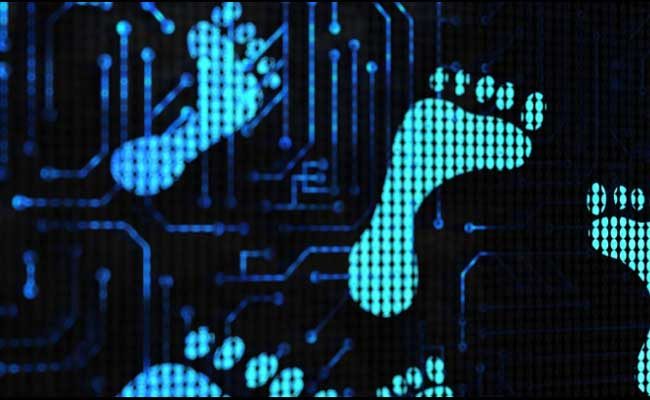A criminal psychologist (also known as a forensic psychologist) is a mental health professional who works within the justice system. Their duties include oversight of jury selections, creating suspect profiles, diagnosing offenders who might be criminally insane, evaluation of children in custody cases and occasionally providing expert testimonials.
Job role
Forensic psychologists often work hand in hand with law enforcement officers. It’s a challenging job and may involve arms training. In cases which involve serial murders, a criminal psychologist might be asked to decipher clues, assess patterns, motives and so forth.
Education
In order to become a forensic psychologist you will need to begin your career by earning a bachelor’s degree. No specific area of study is required. Though, a science degree is preferred. While preparing for graduate school, take classes in criminal justice, forensic science, crime detection, criminology, human behavior and psychoanalysis.
For smoother transition, volunteer in a forensic setting like an abuse shelter or join an internship in a similar setting.
With a bachelor’s degree well-tucked under the belt, go for a master’s degree, Ph.D or Psy.D. When that is also taken care of, apply for a clinical practicum, residency or internship. Government agencies at city or state level, consulting firms, prisons, police departments and courts should be the ideal place to gain experience.
Licensure
All forensic psychologists must meet their state’s licensure requirements before they get a work permit. In most cases you’d be required to:
* hold a doctoral degree
* complete an internship
* obtain at least 1 year’s experience
* pass the board exam
Keeping up with the dynamic world
The law is constantly being amended to include new clauses. To keep up with new developments, criminal psychologists should pursue further education. Attending education workshops covering contemporary issues in the field would also be a good idea.
